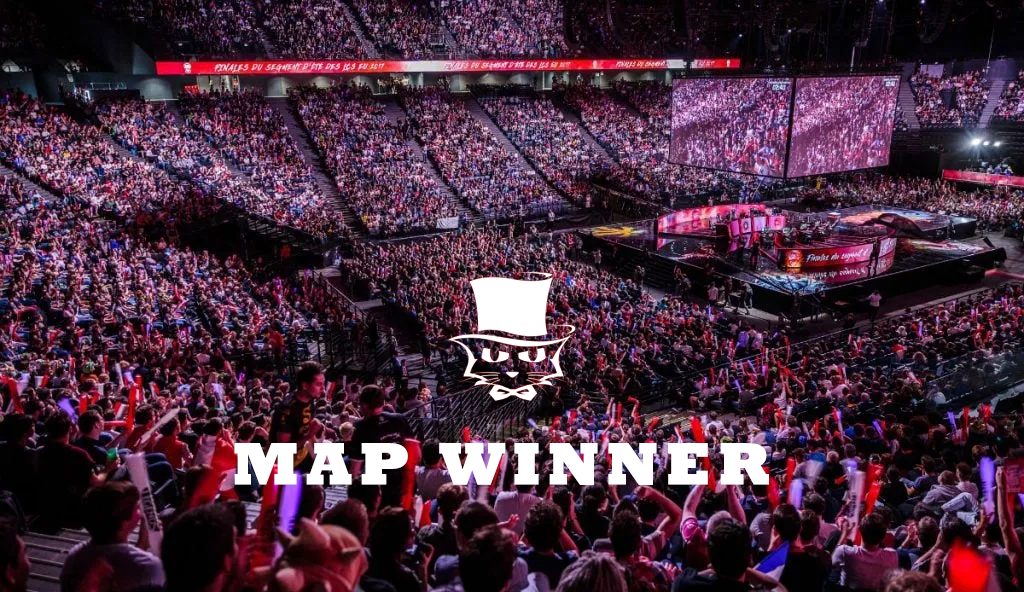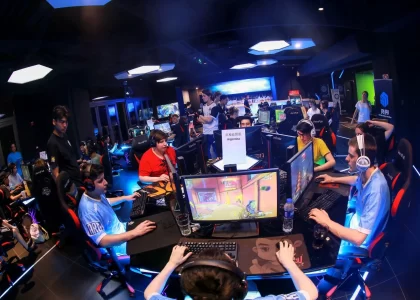As competitive gaming continues to blur the line between entertainment and professional sport, another rapidly growing industry has found fertile ground within the esports ecosystem—esports betting. Once a niche activity on fringe websites, betting on esports has grown into a billion-dollar market that mirrors traditional sports wagering in scale, scope, and complexity.
Today, fans of games like VALORANT, Counter-Strike 2, League of Legends, and Dota 2 don’t just watch their favorite teams compete—they place real money on outcomes, kills, objectives, and even map picks. As tournament viewership explodes and the esports calendar fills with international events, the betting world is seizing an opportunity to transform esports from a spectator sport into a fully interactive experience.
The Growth of Esports Betting
The global esports betting market was valued at approximately $1.44 billion in 2023 and is projected to surpass $3 billion by 2027, according to data from market analysts. This meteoric rise is driven by a combination of factors:
-
Digital-native audiences that are more comfortable with online wagering.
-
24/7 content availability, thanks to global tournaments and streaming platforms.
-
Innovative betting platforms offering real-time, in-play wagering options.
-
Game publishers’ growing acceptance (and sometimes collaboration) with betting operators.
Events like The International (Dota 2), VALORANT Champions, and League of Legends Worlds attract tens of millions of viewers worldwide, many of whom are keen to deepen their engagement through betting.
How Esports Betting Works
Esports betting functions much like traditional sports betting, with odds set based on player/team performance, historical data, and market demand. Here are some common bet types:
-
Match Winner: Betting on who will win a particular match.
-
Map Winner: Betting on the winner of a specific map in a best-of series.
-
Handicaps: Giving or subtracting rounds/maps to balance out favorites vs. underdogs.
-
Totals (Over/Under): Wagering on the number of rounds or kills.
-
Player Props: Specific bets on player performance, like most kills or first blood.
-
Live/In-Play Bets: Real-time bets placed as the game unfolds, influenced by dynamic odds.
Some platforms also offer fantasy-style esports betting or skin betting, where in-game items are wagered—though the latter remains controversial and often falls in a legal gray area.
Popular Games for Esports Betting
-
VALORANT – With structured leagues like VCT and high-stakes international tournaments, Riot’s tactical shooter has become a hotspot for esports bettors.
-
Counter-Strike 2 – The granddaddy of FPS esports, known for its predictability and betting-friendly formats.
-
League of Legends – Riot’s MOBA offers a massive global scene, detailed stats, and high volatility, making it appealing for experienced bettors.
-
Dota 2 – Thanks to its massive prize pools and intricate meta, Dota 2 attracts both casual and high-stakes bettors.
-
Call of Duty, Overwatch, and PUBG – These games also support betting markets, albeit with smaller volumes.
Legal and Regulatory Challenges
Esports betting is legal in many jurisdictions, but regulations vary drastically by country and state. In the U.S., for instance, some states permit esports betting under existing sports betting laws, while others explicitly prohibit it or lack clear legal frameworks.
Key concerns for regulators include:
-
Age verification: Ensuring that underage users are not gambling.
-
Match-fixing risks: Esports’ decentralized nature makes it more susceptible to fixing and inside betting.
-
Data integrity: Real-time data from games is essential for setting odds; unauthorized use can breach terms of service or lead to manipulation.
-
Skin betting: The use of virtual items (like weapon skins in CS2) as currency for gambling has drawn criticism and legal scrutiny due to its unregulated nature and popularity among minors.
The Role of Data and Technology
Real-time analytics, AI-powered odds modeling, and partnerships with tournament organizers have elevated esports betting platforms to new levels of sophistication. Companies like Bayes Esports and GRID provide official data feeds that help bookmakers create accurate odds and reduce fraud risk.
Moreover, blockchain technology and cryptocurrencies are increasingly being integrated into betting platforms, allowing for fast, anonymous, and cross-border transactions—a feature particularly attractive to the younger esports audience.
Risks and Responsible Gaming
While esports betting can enhance engagement, it also carries inherent risks, especially given the young demographic. Platforms and regulators are focusing more on responsible gaming features, such as:
-
Deposit and loss limits.
-
Self-exclusion tools.
-
Awareness campaigns targeted at youth.
-
AI-driven tools to detect problematic behavior.
The esports community has also seen initiatives from tournament organizers to promote betting awareness and safeguard the integrity of competitions.
The Future of Esports Betting
As esports continues its ascent to mainstream status, betting will likely remain a key driver of fan engagement and revenue. The question is no longer if esports betting will go mainstream—but rather how quickly it will mature.
Key developments to watch:
-
Increased regulation and standardization across international markets.
-
More official partnerships between game publishers and betting firms.
-
Betting-integrated broadcasts, where viewers can place wagers directly through streaming platforms.
-
Expansion of micro-betting, allowing bets on events like “who gets the next kill” or “will the spike be planted in 30 seconds.”
As long as transparency, regulation, and responsible practices evolve in tandem with technological innovation, esports betting may become a cornerstone of the industry—transforming passive viewers into deeply engaged fans with real stakes in the game.
Conclusion
Esports betting has moved from the shadows into the spotlight, mirroring the professionalization of competitive gaming itself. As the sector continues to grow, its relationship with regulation, data, and audience behavior will shape its long-term viability. For fans and stakeholders alike, the game is just beginning.






























